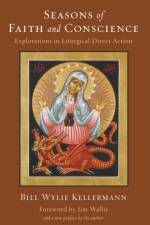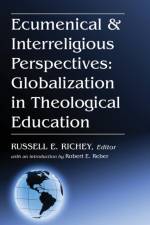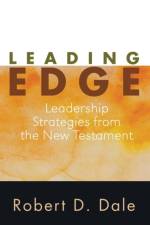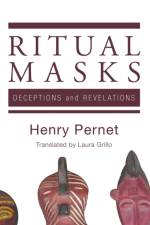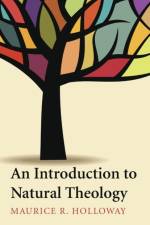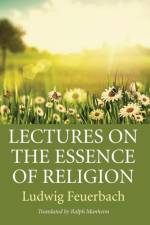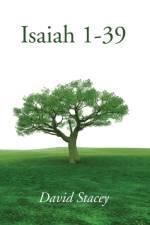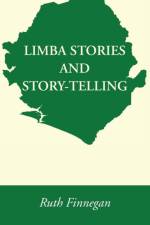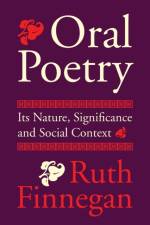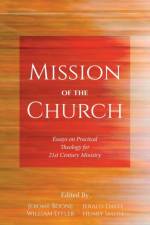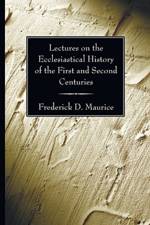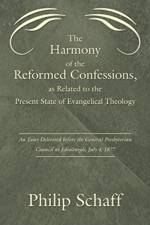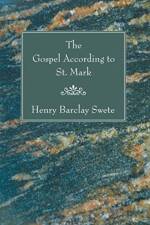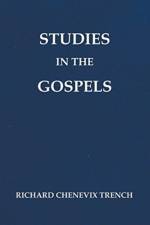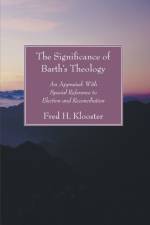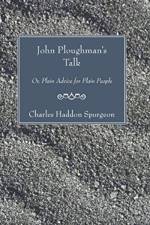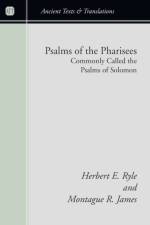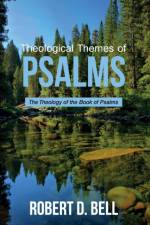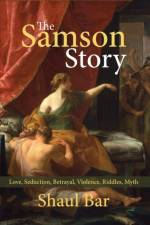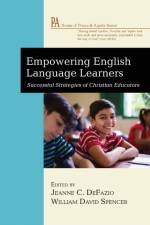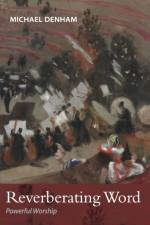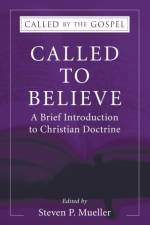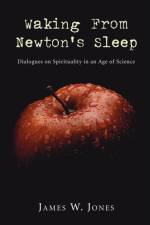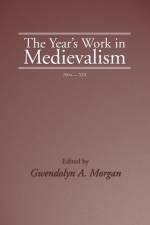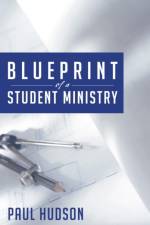av Michael Denham
349,-
Like sounds of beautiful music, worship can renew us for God's glory and our good by the invigorating power of God's reverberating Word. It is God's story that redeems all our stories. We want to tell it again and again as best we can, clearly conveying its message, meaning, richness, claim, and call. Through its every facet and component, worship that is biblically expositional can heighten how we proclaim God's story, faithfully and creatively pointing to the One who alone offers us true identity, security, and destiny. ""If you seek me you will find me, if you search with all your heart,"" declares the Lord. With the ancient prophets and apostles we must repeat and repeat and repeat the most wonderful truth that God wants to be found. In Christian worship such tremendous and tender encounter is available to us as nowhere else.""Reverberating Word artfully articulates a theology of worship that promises to bring pastors, musicians, and congregations together. Denham integrates the work of the pastor and the art of the musician in a vision for mutual inspiration in the service of faithful biblical exposition. Reverberating Word is the fruit of an accomplished musician that gives words to the heart's desire of many pastors and musicians who long to experience a shared vision of worship."" --Douglas D. Webster, professor of pastoral theology and preaching, Beeson Divinity School""In Reverberating Word, Michael Denham explores the purpose, promise, and power of expositional worship. Providing a wide array of Scriptural references that illustrate ""big ideas"" as themes for worship, along with practical insights about the roles of preaching and music in worship, this accessible ""user's guide"" is a valuable resource for pastors, ministers of music, and all who help plan, organize, and lead worship across the broad spectrum of the church."" --Jonathan Alger, President, James Madison University""Denham is committed to challenging us to examine and find the best ways of intentionally expositing Holy Scripture within the church, while placing music and the arts in their proper and most powerful place in worship. Thoroughly grounded in biblical perspective, this book offers a pragmatic exploration of worship planning, musical styles, repertoire, performance practice, and more; all with an eye toward challenging and helping those who serve as arts leaders in the church.""--Michael D. Wilder, Dean of the Conservatory of Music, Arts, and Communication, Wheaton CollegeMichael Denham has served twenty-one years as Director of Music Ministries at The National Presbyterian Church in Washington, DC, where he helps shape worship to draw deep meaning and powerful experience from Scripture. A graduate of Wheaton College, he also studied at the University of Illinois, Dallas Theological Seminary, the Hochschule ""Mozarteum"" in Salzburg, Austria, the University of North Texas College of Music, and Beeson Divinity School of Samford University.

